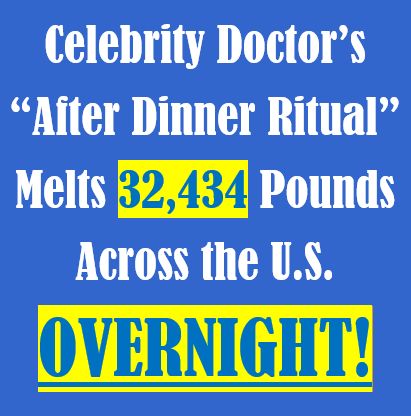Fruits, grains, and veggies are generally low in fat and have no cholesterol.
Many of them are great sources of dietary fiber, complex carbs, and vitamins. The American Heart Association advises that you eat foods that are high in complex carbohydrates and fiber.
Fruits
Apricots
Apricots include Beta-carotene which assists to avoid radical damage and also helps to protect the eyes. A single apricot contains 17 calories, 0 fat, and one gram of fiber. You can eat them dried or soft.
Cantaloupe
Cantaloupes contain 117 GG of vitamin C, which is practically twice the suggested dose. Half piece contains 853 Mg of potassium, which is almost two times as much as a banana, which helps to lower blood pressure. Half piece contains 97 calories, 1 gram of fat, and 2 grams of fiber.
Coconut
Coconut is high in saturated fat, while olives are high in monounsaturated fats and calories. You
need to use these products moderately to avoid getting a lot of calories from fat.
Mango
A medium sized mango packs 57 MG of vitamin C, which is nearly your entire day-to-day dosage. This antioxidant will help avoid arthritis as well as increase your immune system.
Tomato
A tomato can assist cut the danger of bladder, stomach, and colon cancers in half if you consume one daily. A tomaton includes 26 calories, 0 fat, and only 1 gram of fiber.
Veggies
Processed, canned, or preserved veggies may Consist of added sodium. With some people, too
much salt (salt) might cause hypertension. There are some food business that are really canning veggies with less salt. You can look for these in the market area or pick fresh and even frozen vegetables.
When veggie grains are cooked, hydrogenated fat or cholesterol is frequently added. For instance, egg yolks might be contributed to bread and even pasta.
Broccoli
Broccoli can help secure versus breast cancer, and it likewise consists of a great deal of vitamin C and beta-carotene. One cup of sliced broccoli contains 25 calories, 0 fat, and 3 grams of fiber.
Onions
An onion can help to protect against cancer. A cup of onions provides 61 calories, 0 fat, and 3 grams of fiber.
Spinach
Spinach includes carotenoids that can help fend off macular degeneration, which is a major cause of blindness in older individuals. One cup consists of 7 calories, 0 fat, and 1 gram of fiber.
Grains, nuts, and beans
Nuts and seeds tend to be high in calories and fat, although a bulk of the fat is polyunsaturated or monounsaturated. There are some ranges, macadamia nuts for instance, that are likewise high in saturated fat.
Peanuts
Peanuts and other nuts can decrease your danger of heart problem by 20 percent. One ounce contains 166 calories, 14 grams of fat, and over 2 grams of fiber.
Pinto beans
A half cut of pinto beans offers more than 25 percent of your daily folate requirement, which protects you against heart problem. Half a cup contains 103 calories, 1 gram of fat, and 6 grams of fiber.
Skim milk
Skim milk uses vitamin B2, which is necessary for good vision and in addition to Vitamin A might improve allergies. You likewise get calcium and vitamin D as well. One cup includes 86 calories, o fat, and 0 fiber.
Seafood
Crab
Crab is a fantastic source of vitamin B12 and immunity boosting zinc. A 3 ounce serving of crab offers 84 calories, 1 gram of fat, and 0 fiber.
Salmon
All cold water fish such as salmon, mackerel, and tuna are excellent sources of omega 3 fatty acids, which assist to minimize the risk of cardiac disease. A 3 ounce part of salmon consists of 127 calories, 4 grams of fat, and 0 fiber.
Whenever you are looking for healthy food options always ensure you check out the nutrition label or info about the food. You can then identify exactly what the food contains and how healthy it really is for your body. By taking your time and making your healthy food choices sensibly, you’ll have a lifetime to delight in the foods that will take care of you.


